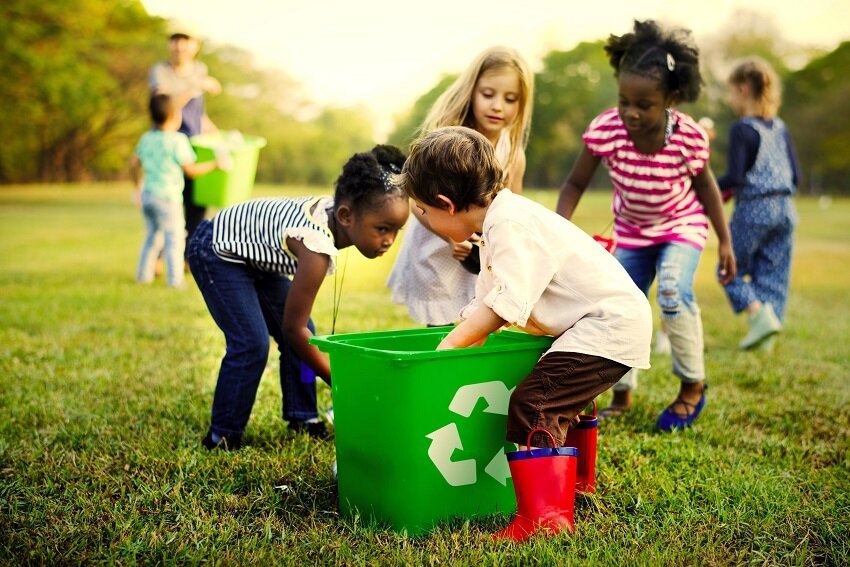
Benefits of environmental education in children
Environmental education for children must begin at school. The fate of the planet is in their hands and it is important that from an early age they learn to rationalize resources and do their bit in the fight against climate change. A better, more sustainable, and livable world is at stake in this difficult test.
AWARENESS OF CHILDREN WITH THE ENVIRONMENT

Primary education is a key stage in the development of behavior, social awareness, and solidarity. At school, we learn values and behaviors that will accompany us into adulthood and define us as citizens. Hence the importance of awakening the interest of schoolchildren in the care and protection of the environment during this stage.
The environmental knowledge for children intended that these make to the care of nature a lifestyle, rather than just study it. This discipline seeks that minors develop firm and powerful ecological thinking, and use it to face current environmental challenges through participation and commitment.
Environmental education also has other positive effects for the youngest. Stanford University analyzed in 2017 how this subject benefits schoolchildren from early childhood to high school. After reviewing more than a hundred scientific studies published between 1994 and 2013 by other institutions on this subject, he concluded that 83% of schoolchildren improved their ecological behavior and that 98% expanded their knowledge in other subjects such as mathematics and science.
ENVIRONMENTAL TEACHING METHODS FOR CHILDREN
Environmental knowledge is a lifelong process and should be included both in the educational program of schools and institutes and in other activities such as seminars, conferences, or talks. Its teaching in the classroom must be adapted to the age and maturity of the children, and its learning, in addition to being theoretical, must be practical, entertaining, and fun.
Many of these activities can be done in the courtyard of the center or in any city park. In the street, it is possible to learn from plants, trees, rivers, birds, or insects, but also from environmental problems such as pollution, gas emissions, energy consumption, recycling, use of water, etc.
Discover how to educate children to respect the environment
OBJECTIVES OF ENVIRONMENTAL EDUCATION IN CHILDREN
The need to include environmental training in schools is a demand of the United Nations Educational, Scientific, and Cultural Organization (UNESCO). Irina Bokova, director of this organization, stated this during the IX World Congress on environmental enlightenment (WEEC) held in the Canadian city of Vancouver in 2017.
You may also be interested in 10 green habits to help the environment in everyday life



